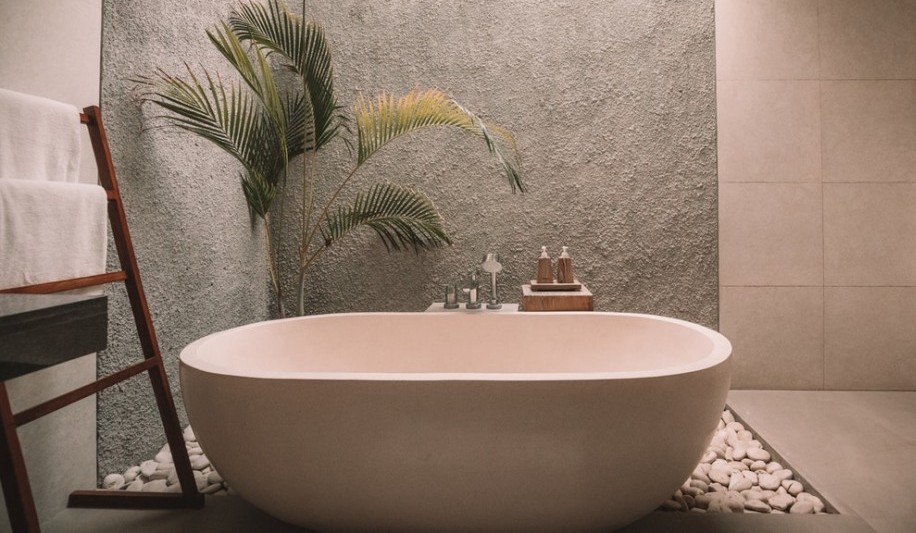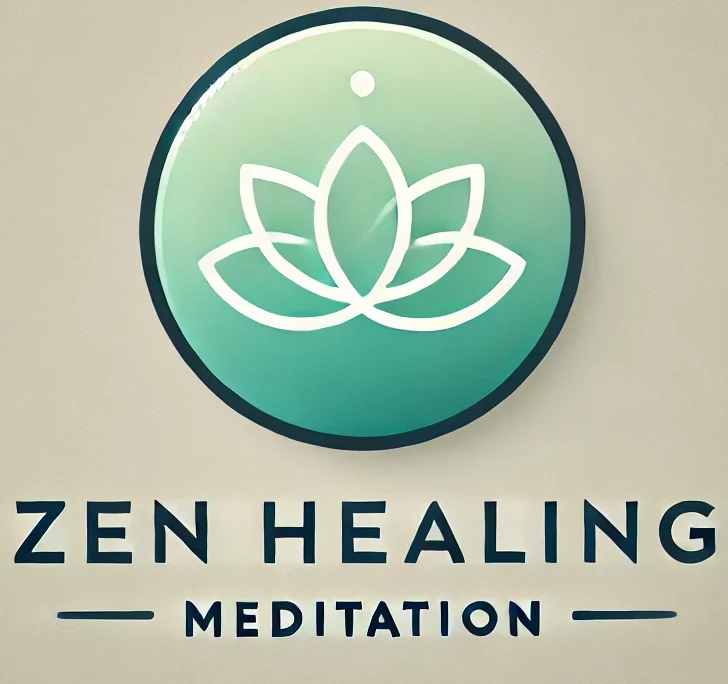
Recent studies and my own personal experiences have proven that mindfulness and meditation are very beneficial anti-depressant medication, relieving anxiety, stress, professional/personal burnout and depression. Relaxation techniques and meditation are a great way to help your pursuit to reduce stress. Relaxation isn’t just about peace of mind or enjoying a hobby. Relaxation is a process that decreases the wear and tear of life’s challenges on your mind and body. Whether you have a lot of stress in your life or you’ve got it under control, you can benefit from learning relaxation techniques. Learning basic meditation relaxation techniques and mindfulness isn’t hard.
Mindfulness is defined as being “the cognitive ability to pay close attention to your feelings at the present moment without judgment, developing emotional resilience”. It also helps you to develop positivity in your life, by helping concentration in class, work, and even at home.
With the benefits of mindfulness now known in medical settings, perhaps you might want to learn how to practice this technique to relieve anxiety and stress. The techniques are easy to follow, and you do not need any special equipment; you just need a few minutes.
You may think that taking time out of your already busy life to meditate is absurd, but it’s really not! It will absolutely help you calm your nerves, which in turn, will help you relax enough to sit down and calmly work out the situation that is upsetting you. I found that I can relax and meditate by sitting and relaxing in a hot bubble bath.  If you are worried about not having enough time to sit and relax in a hot tub maybe you can just go outside for a breath of fresh air and take time to just collect your thoughts. After everything has calmed down, then maybe you can then take the time to take a hot relaxing bath.
If you are worried about not having enough time to sit and relax in a hot tub maybe you can just go outside for a breath of fresh air and take time to just collect your thoughts. After everything has calmed down, then maybe you can then take the time to take a hot relaxing bath.
Find a way of meditation that will work for you and you will see that even if it’s for only a few minutes that will be a few minutes you don’t have to worry about things.
The following are just a few ways to practice mindfulness to reduce stress and improve concentration.
1. Mindful meditation and/or yoga
Spend ten to fifteen minutes of your time in a quiet and open environment for meditation and/or yoga. Meditation helps you to bring your full awareness to both your emotional and physical sensations as you try various poses. These feelings will bring about relieved tension and even reduced pain in your body, helping you to relax.
Mindfulness meditation practice is as simple as this:
Take a good comfortable seating position, pay attention to your breath, and when your attention wanders, return to your breath. By following these simple steps, you can get to know yourself up close and personal.

2. Body scan meditations
This technique involves spending some time (Approximately ten to fifteen minutes when you first start) in a secluded and quiet place, sitting in a comfortable position without being disturbed. During the exercise, close your eyes and focus your concentration on your toes. Then, try to bring close attention to every part of your body starting from your toes, feet, ankles, calves, knees, hands, torso, upper arms, chest, throat and up to your head.
Then notice your whole body being present. Take one more breath. Be aware of your whole body again. Spend a few moments to put your attention to feeling your entire body breathing freely.
Take a breath. And then when you’re ready, you can open your eyes if they have been closed. Move mindfully into this moment.
I also suggest a meditation by Dr. Joe Dispenza in which he really takes you to the next level when doing a body scan meditation.
3. Mindful Eating
Try this the next time you have a meal. As you take your meal, try to eat slowly while you also engage all of your senses. Try to finish your meal while chewing and swallowing slowly. This way you will enjoy your meal a lot more, it will also taste better because your body will have the time to sense and taste every bite. This will also bring you to a peaceful state, and you will digest better at the same time.

4. Mindful Breathing
Mindful or conscious breathing is another great way to eliminate stress and tension. Take at least five minutes in a convenient quiet location, and shift your concentration to breathing in and out. To concentrate during the exercise, you need to focus on your breathing only. If your mind wanders, bring it back gently to breathing. Breathing brings you back to the basic necessity of life and grounds you. You will be able to focus a lot better afterward.

5. Meditation Music
Whatever kind of music you enjoy you can find listening to soothing music as a very relaxing way to meditate. There are tons of different types of meditation music on the Internet, and Youtube is a very good place to start. Just type in meditation music in the search and you will get just about any kind of music you want. There are a lot of different kinds of meditation music, and I will be talking about these in detail in another post. Therefore, to make this a simple and short explanation, I found that it depends on the mood you are in. Sometimes, a “guided meditation” will keep my mind from wandering, and other times, just a soothing musical meditation will do. As long as it suits you, that is what’s important.

Mindfulness meditation has the potential of making you serene and peaceful while boosting your relaxation.
Give it a try; you might be surprised at what it can do for you.

